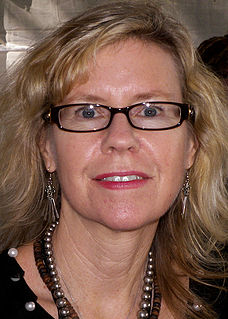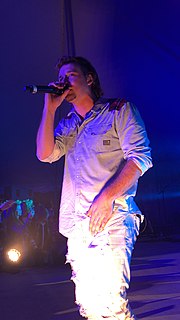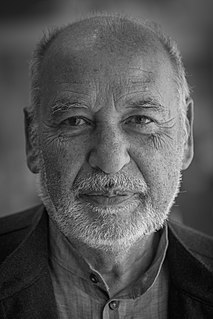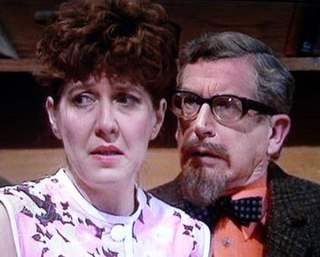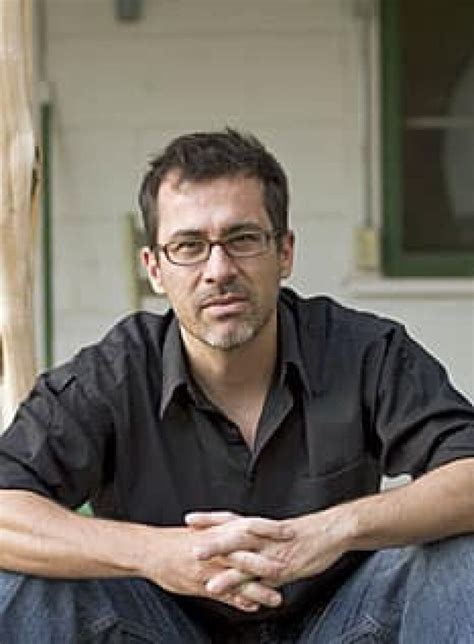A Quote by Susan Straight
Real novelists, those we admire, those we consider timeless in their language and character and scene, those who receive accolades for inventive language and form, have writing lives we imagine in specific ways.
Related Quotes
There are many ways of writing badly about painting... There is an 'appreciative' language of threadbare, not inaccurate, but overexposed and irritating words... the language of the schools which 'situates' works and artists in schools and movements... novelists and poets [that] see paintings as allegories of writing.
Walkers are 'practitioners of the city,' for the city is made to be walked. A city is a language, a repository of possibilities, and walking is the act of speaking that language, of selecting from those possibilities. Just as language limits what can be said, architecture limits where one can walk, but the walker invents other ways to go.
I think language is a system that we have devised to negotiate a series of more amorphous entities. It's a layer you can use to see where those things exist, but if you don't have anyone speaking anymore, those things are still there. The things that language stands for do not require humans, and in fact are often trampled down by humans.
The sisters and brothers that you meet give you the materials which your character uses to build itself. It is said that some people are born great, others achieve it, some have it thrust upon them. In truth, the ways in which your character is built have to do with all three of those. Those around you, those you choose, and those who choose you.
Those who become hyperpolyglots are those who meet two criteria. One, they are exposed to language material. Two, they undertake learning languages as a mission as well as acquiring the personal identity as a language learner.I describe the "neural tribe theory" of hyperpolyglots, arguing that they possess an atypical neurology that is selected by some environments and not others; presumably, there have always been humans walking around with that set of neurological traits or factors, only some of whom actually use those things for languages.
